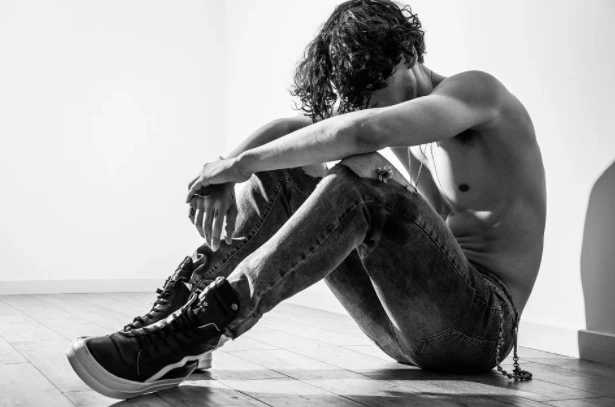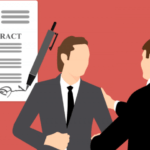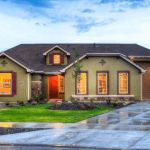Thousands of people are injured each year due to slip and fall accidents. Slip and falls usually occur due to a wet floor, defective stairs, or a rough patch of ground. But who is usually liable for these accidents?
Slip and fall accidents can happen anywhere, including department stores, people’s homes, hotels, shopping malls, and many other places.
If you slip and fall on someone else’s property, the owner may be held liable for your injuries. Determining liability in any personal injury incident is a critical component of any case.

If you were injured in a commercial setting, such as a store or mall, you might be able to sue the establishment. In a residential setting, the homeowner (or, more specifically, their insurance) should pay. If you were hurt at work, a worker’s compensation claim is almost always your only option.
Regardless of how and where you were injured, it’s vital that you practice your rights as a victim and immediately seek the assistance of an experienced slip & fall accidents attorney.
If you have been injured in a slip and fall and wish to understand more about your case, here is some important information you need to know before filing a slip and fall claim.
Slip, and Fall Claims Rely on Premises Liability
Premises liability governs slip and fall injury claims. But what is premises liability? Premises liability law holds property owners and businesses liable based on the negligence principle. Negligence can manifest itself in various ways, ranging from ignoring known property defects to failing to clean up a spill.
This means that all types of property owners and many different types of businesses may be held liable.
The majority of personal injury cases, including premises liability cases, are based on negligence. To win a premises liability case, the injured person must prove that the property owner was negligent in terms of ownership and/or maintenance of the property. In general, negligence implies that the property owner failed to exercise reasonable care concerning the property.
How to Prove Liability in Slip and Fall Accidents
Each slip and fall case is unique. There is no one way to determine when an entity or a person is legally responsible for your injuries. But there are general guidelines that lawyers follow to decide whether someone else is at fault for your injuries.
In slip and fall cases, the injured party must prove that a “dangerous condition caused the accident” and that the property owner was aware of this “dangerous condition” yet did not do anything. The dangerous condition might be something that the injured party did not anticipate.
To prove that the property owner was aware of the dangerous conditions, the following must be established.
- The owner/possessor caused the condition.
- The owner/possessor was aware of the condition but failed to correct it; or
- The condition had been there for so long that the owner/possessor should have noticed and corrected it before the slip and fall incident in question.
Potential Liable Parties in a Slip and Fall Accident
All property owners are expected to exercise reasonable care for their property and ensure the safety of their tenants and guests. If they fail to maintain their property’s safety, it may potentially result in accidents and serious injury.
In slip and fall cases, it’s vital to understand the different types of property owners and their expected responsibilities when it comes to maintaining their property.
Property Owners
This is the person who owns the land on which a business operates. A property owner is liable if they were made aware of a problem – possibly by a business tenant or manager – but it was not promptly resolved. For instance, if the renter reported a hazard that the owner failed to repair.
Commercial Property Tenants
Many businesses, such as grocery stores, shopping malls, and retail operations, do not own the location they are selling in and instead rent them from a property owner. Commercial tenants are liable if a negligent employee fails to remove a hazard, such as cleaning up a spill, on time.
Property Managers
Property managers may be held liable for injuries if a management company maintains the premises. This rule is used by many apartment complexes and assisted living facilities.
A management company, for example, is liable if someone falls as a result of a warped floorboard. Or if the dim lighting on the property kept you from slipping on water from a leaking pipe.
A slip and fall accident may have left you with serious injuries and significant medical debt. However, if your injuries have been a result of someone else’s negligence, you may seek compensation for your injuries and even get more than enough to cover these costs.
If you have suffered a serious injury resulting from a slip and fall accident, you should consult with a slip & fall accident lawyer about filing a compensation claim.





